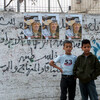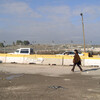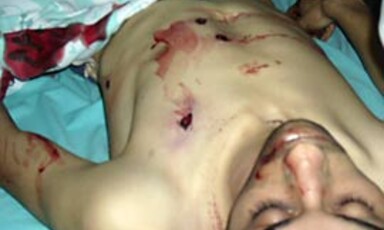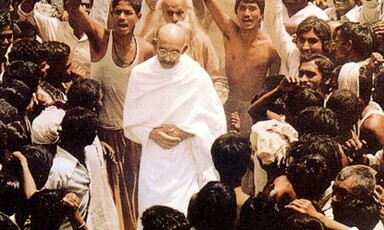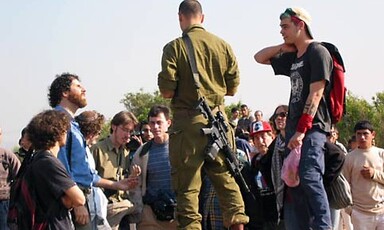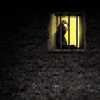
Israel Continues to Deny Palestinian Prisoners their Basic Rights
16 April 2005
Al-Haq, on the occasion of Palestinian Prisoners day, calls attention to the ongoing plight of some 7,000 Palestinian political prisoners currently detained in substandard conditions in Israeli-administered jails in Israel and the occupied Palestinian territories. As of mid-March 2005, these prisoners included 126 women and 310 children. Of the current prison population, 434 Palestinians from the OPT have been held for over 10 years, and five have been incarcerated for over 25 years. During the past four and a half years of intifada, there have been 35,000 cases of detention. Read more about Israel Continues to Deny Palestinian Prisoners their Basic Rights

